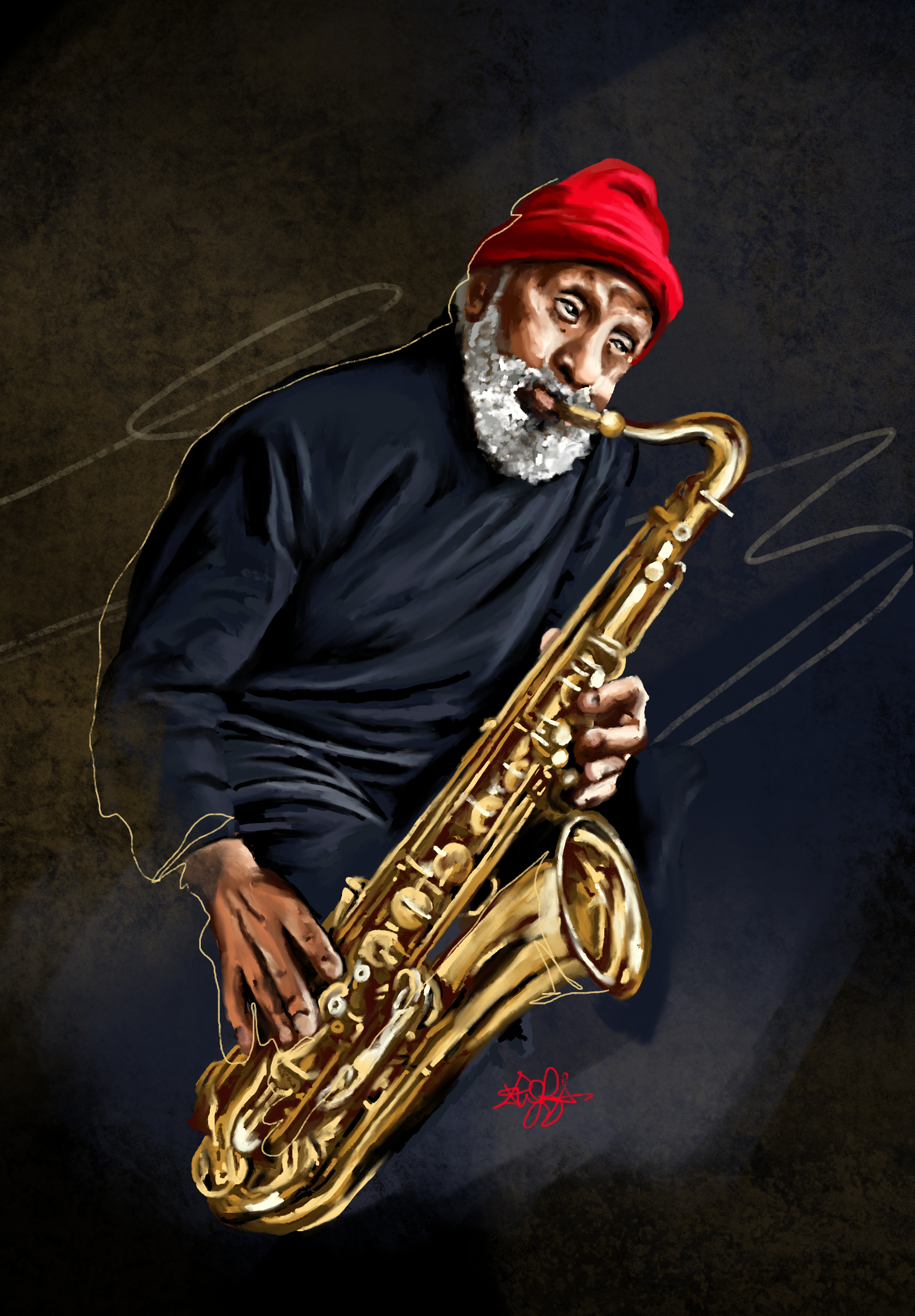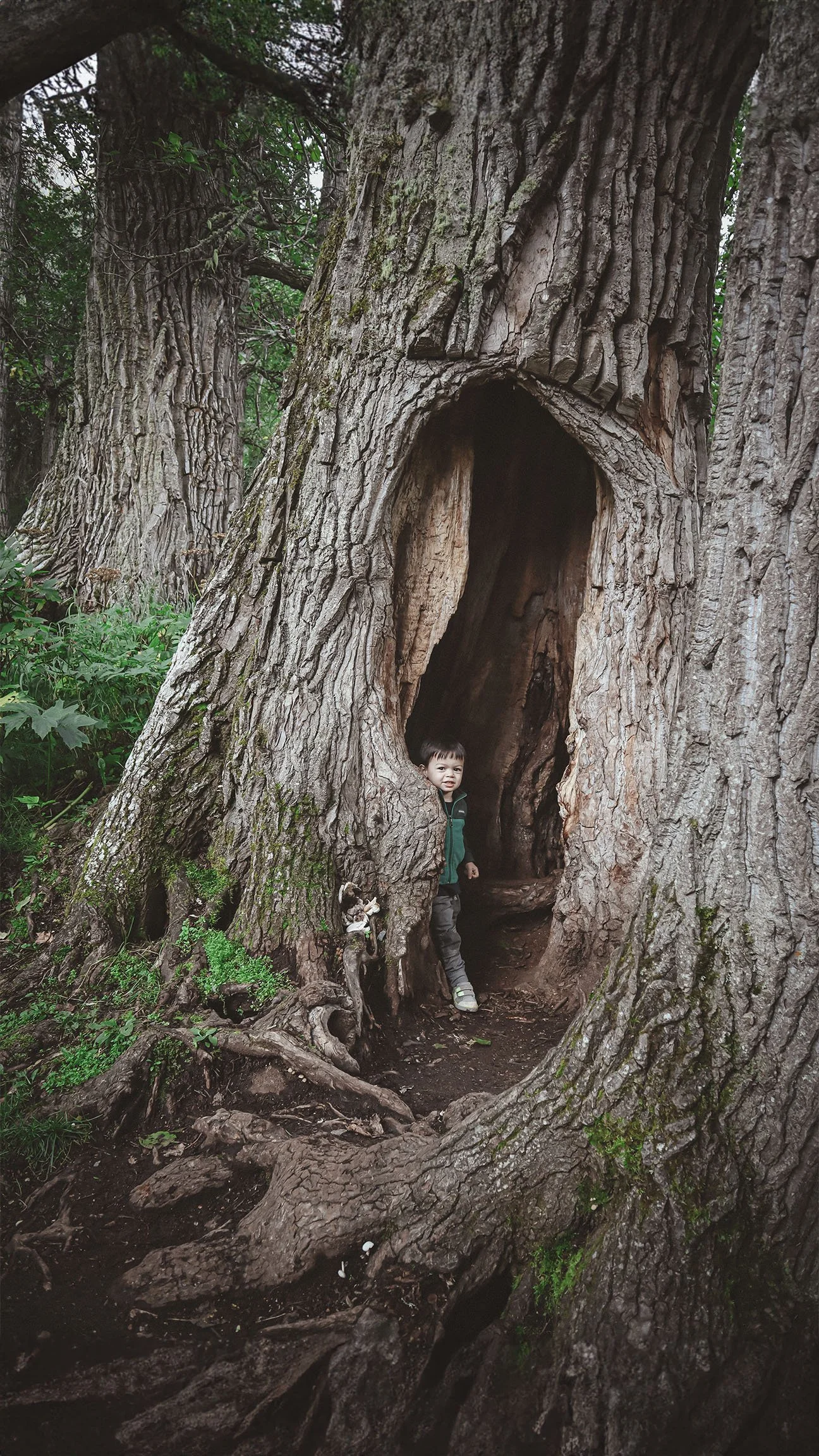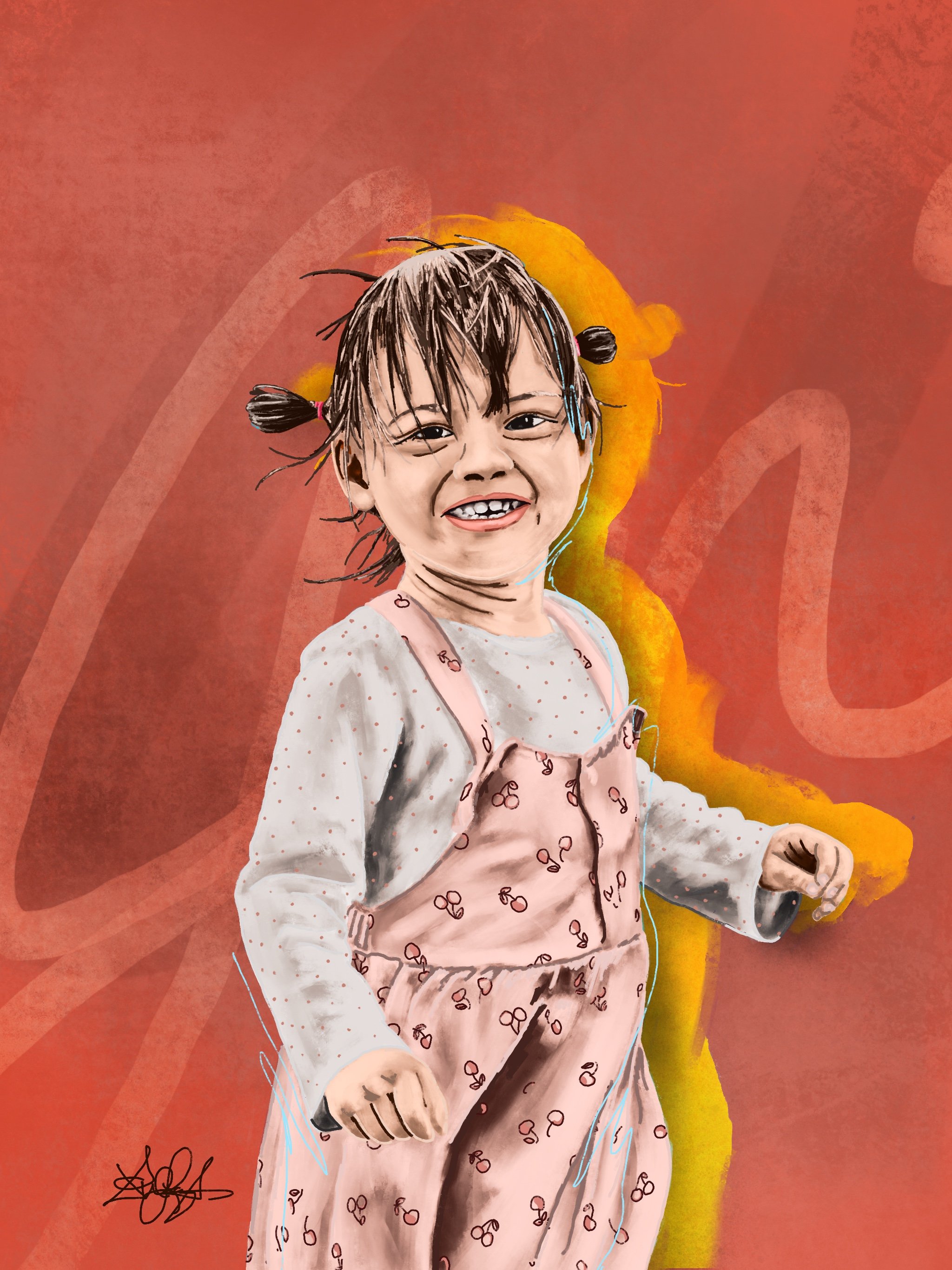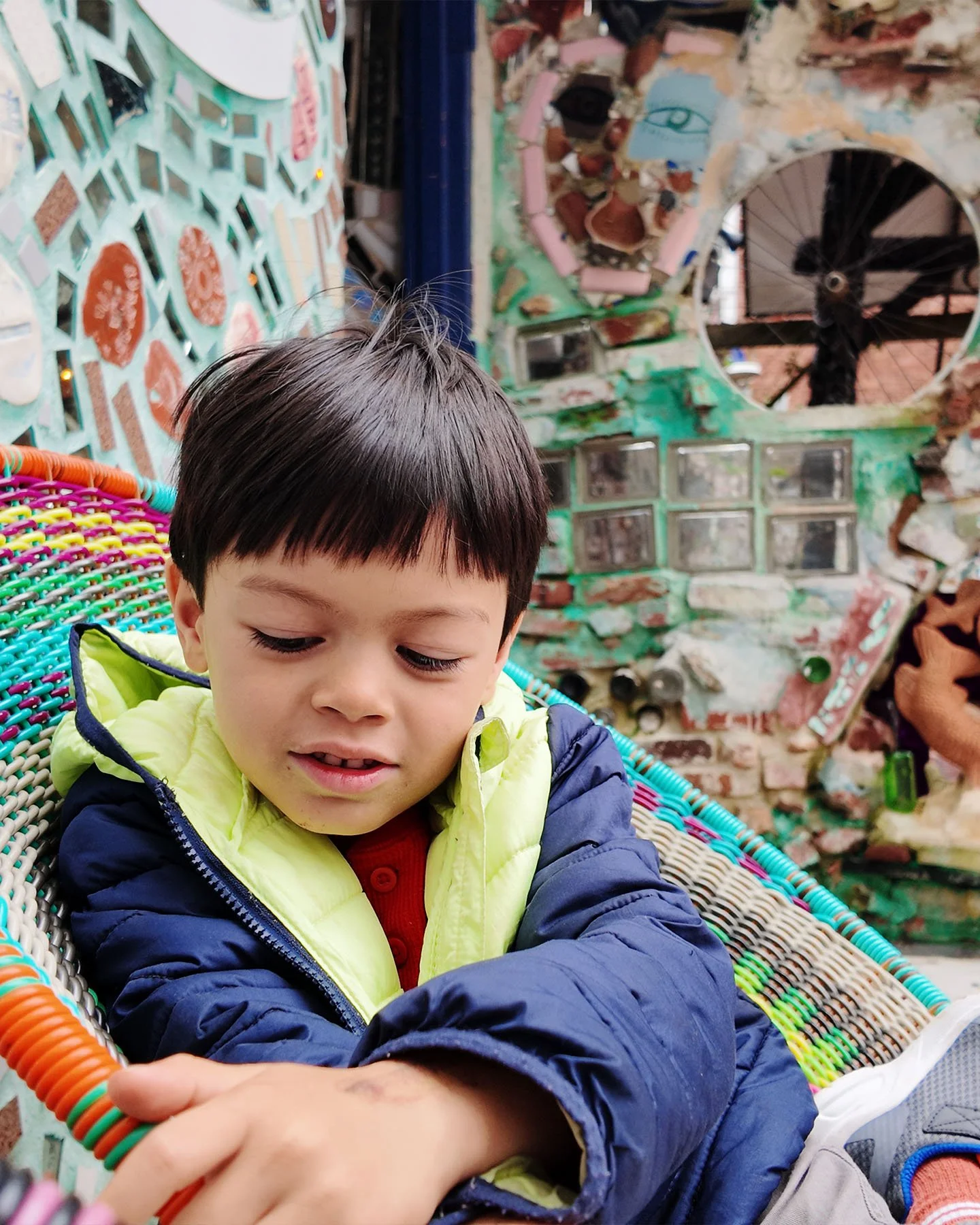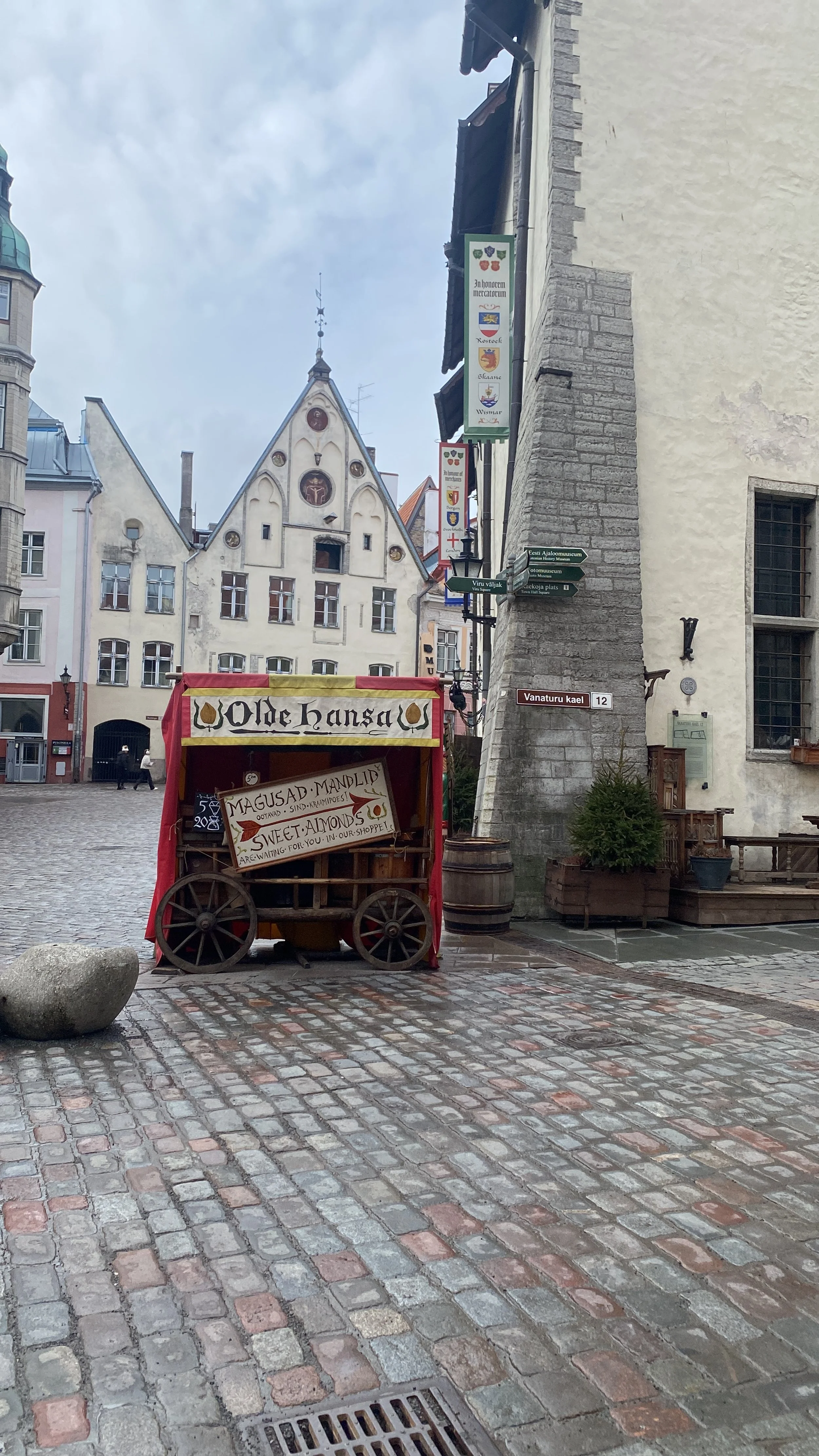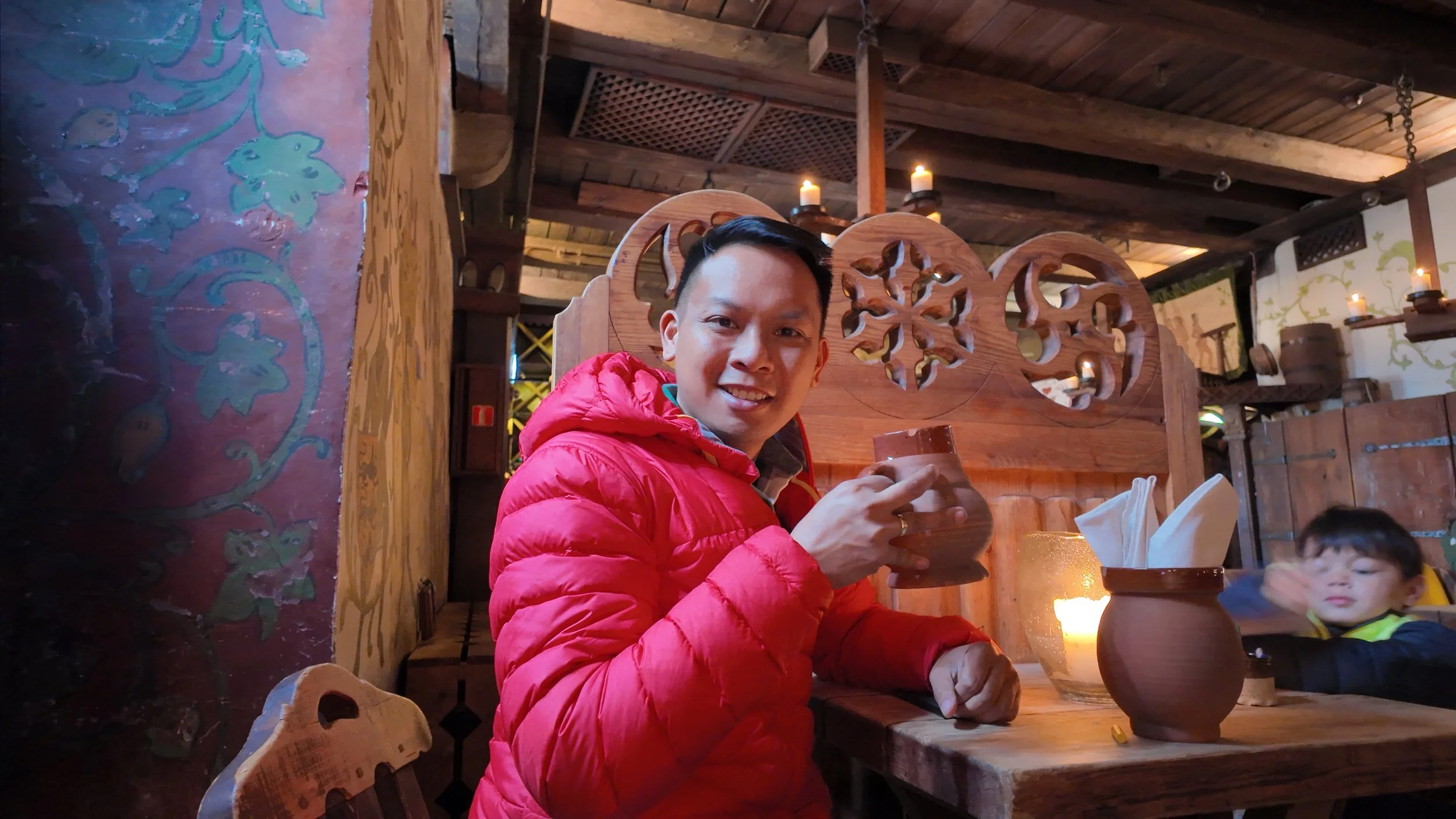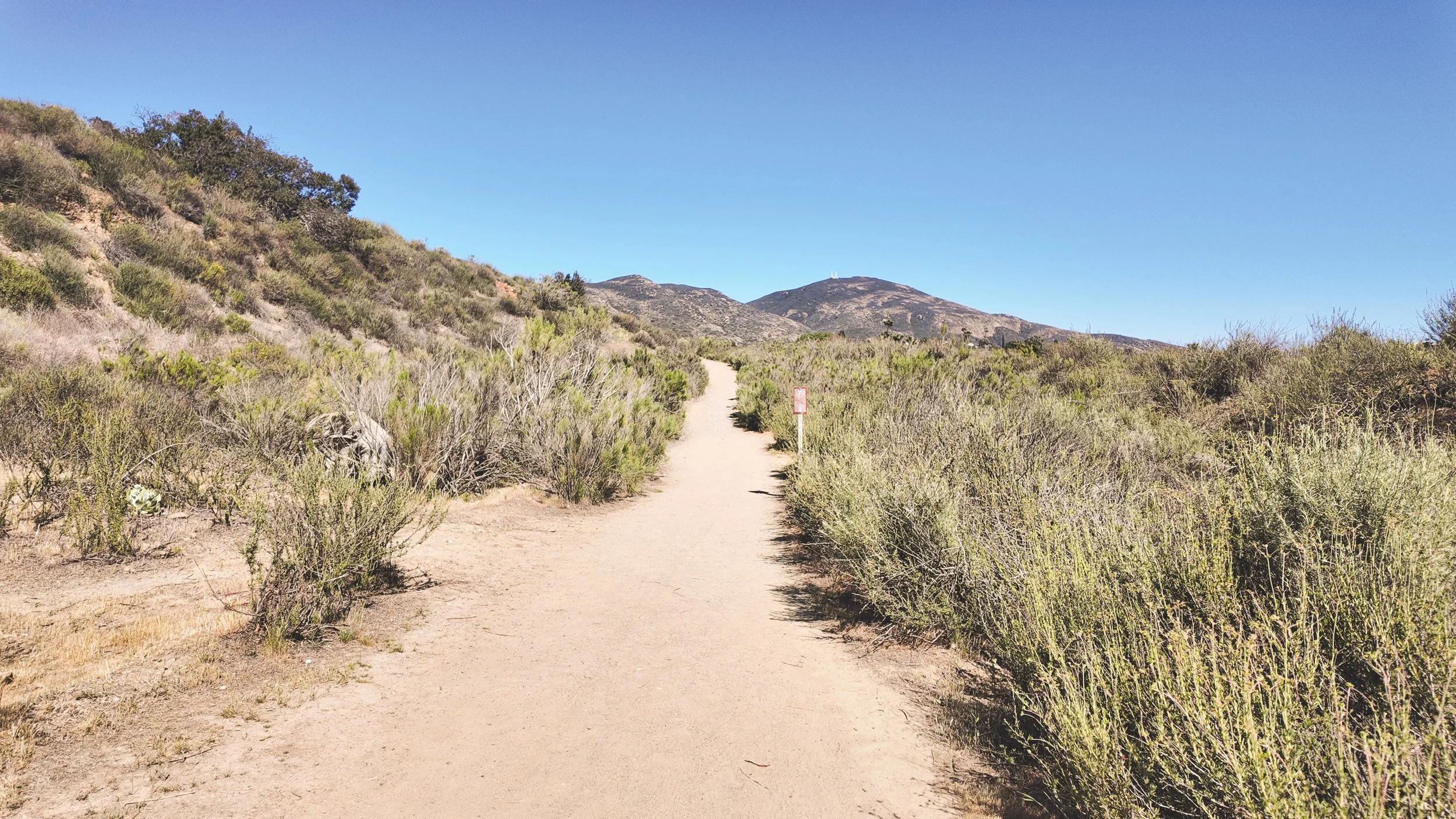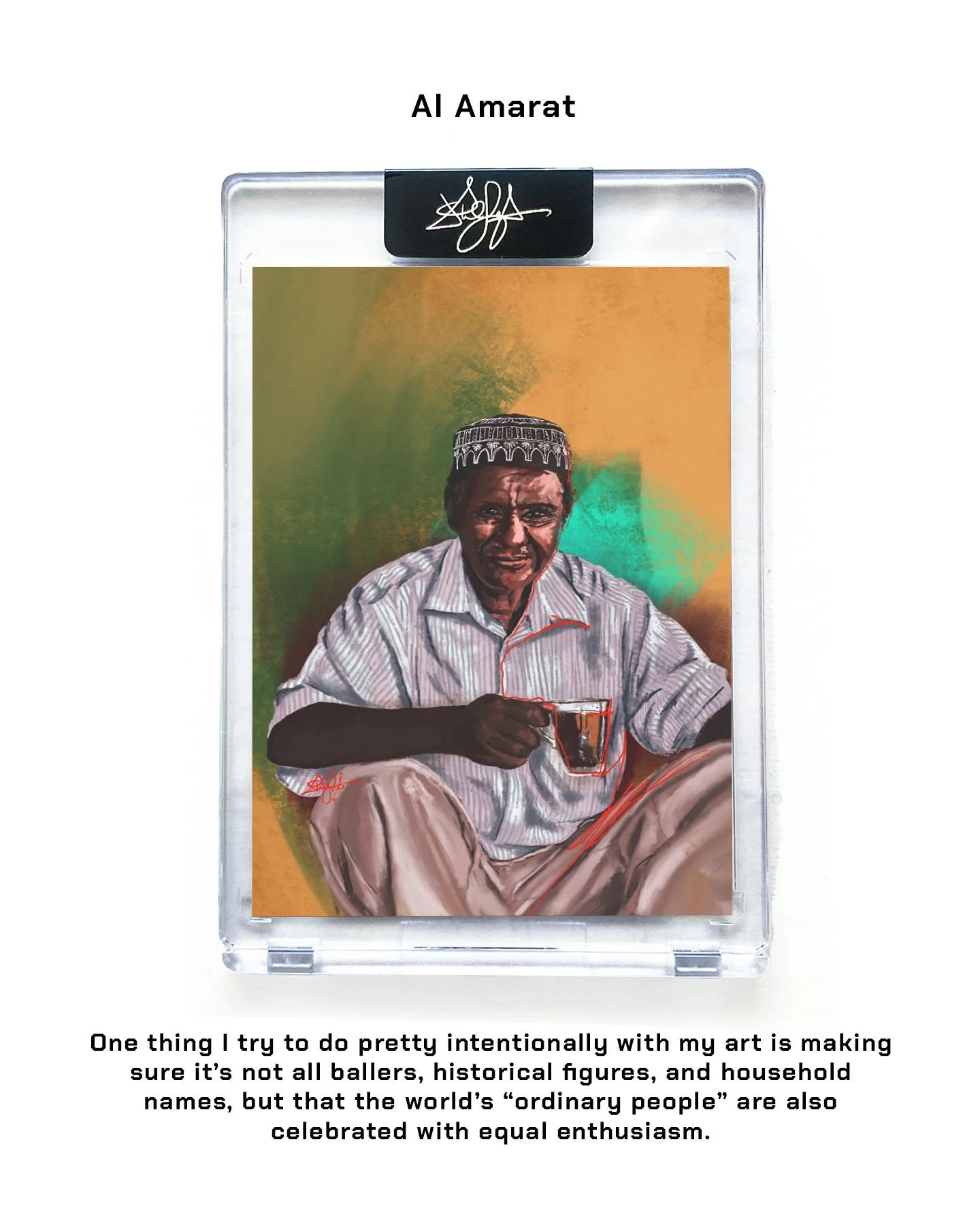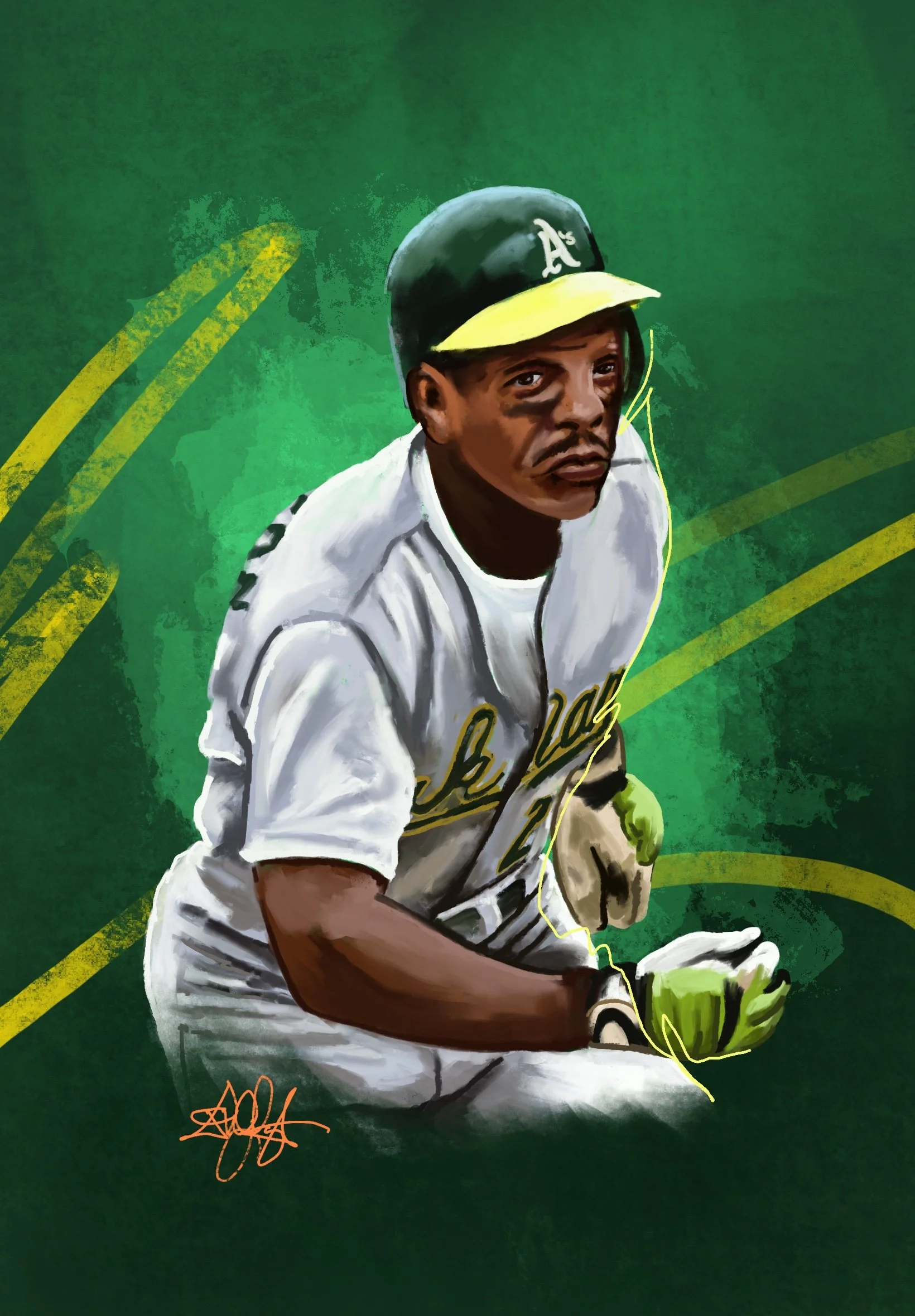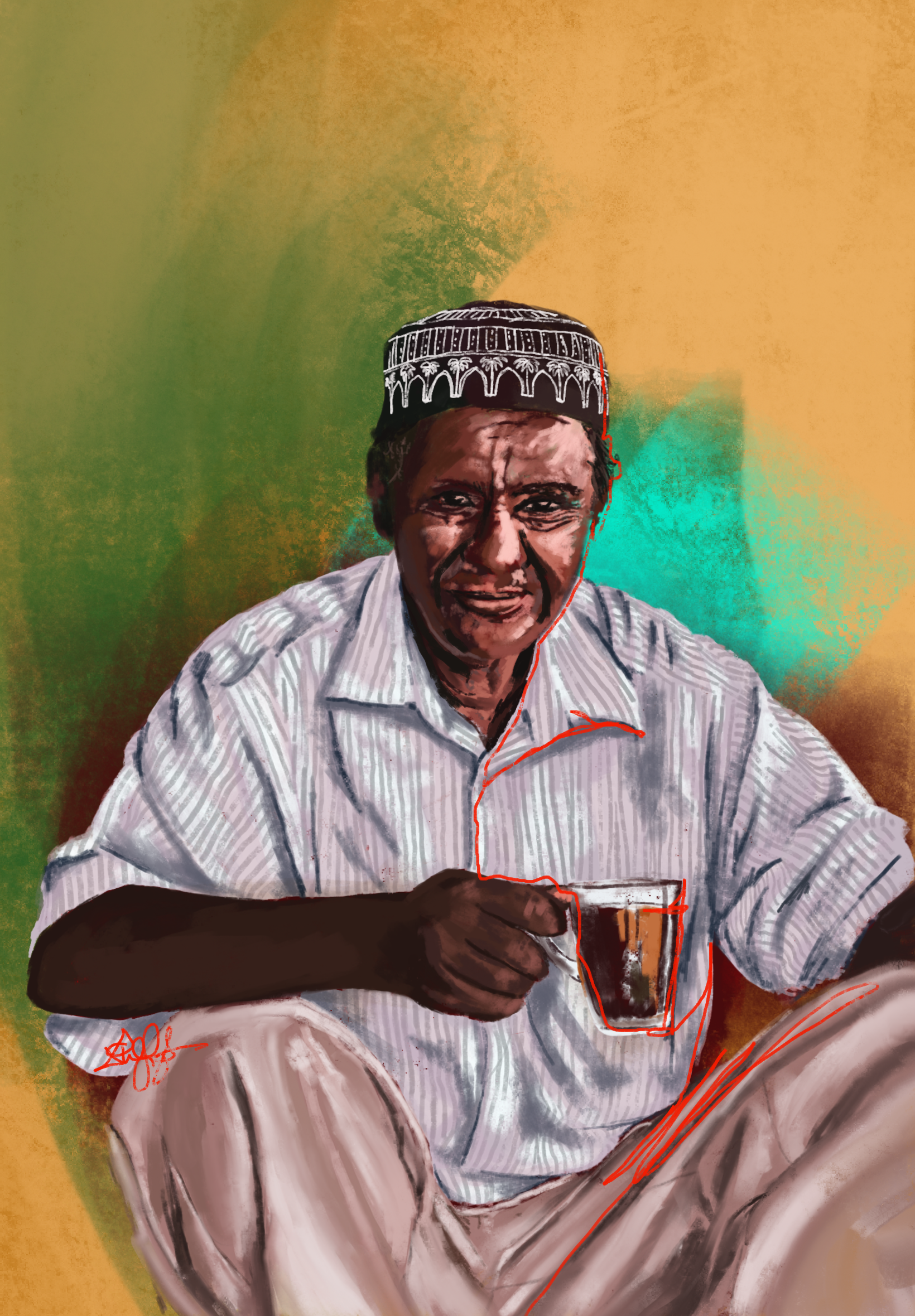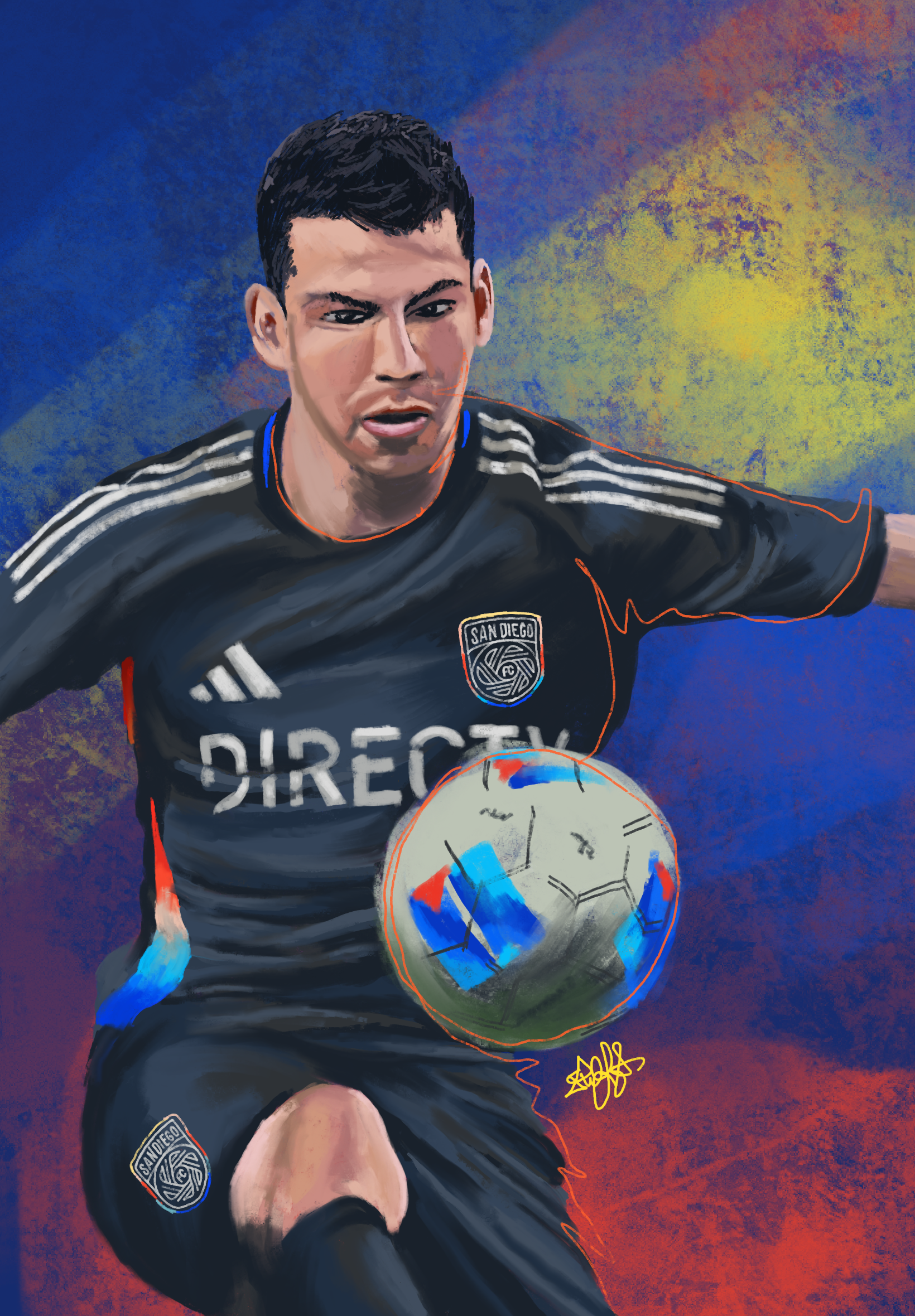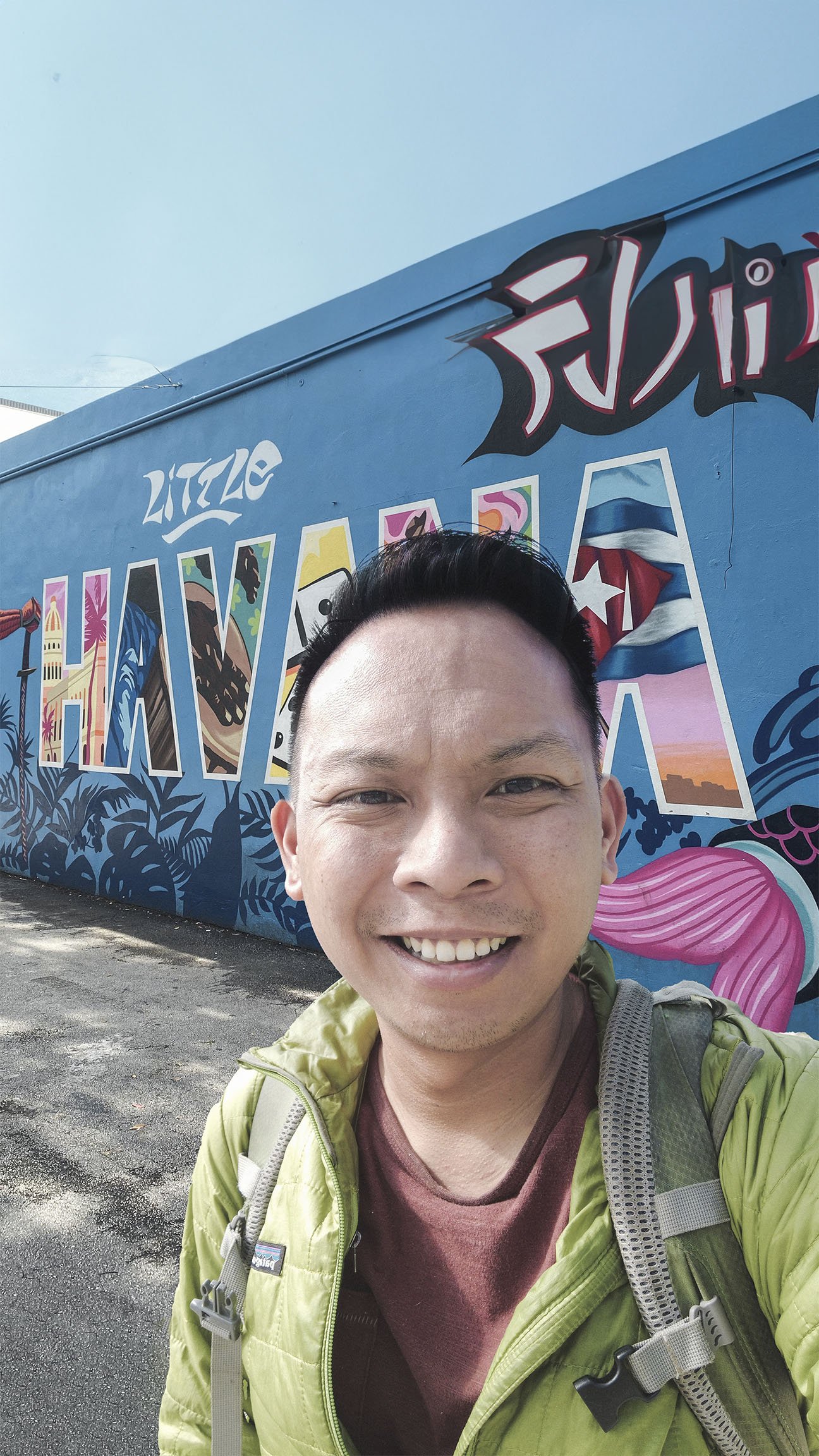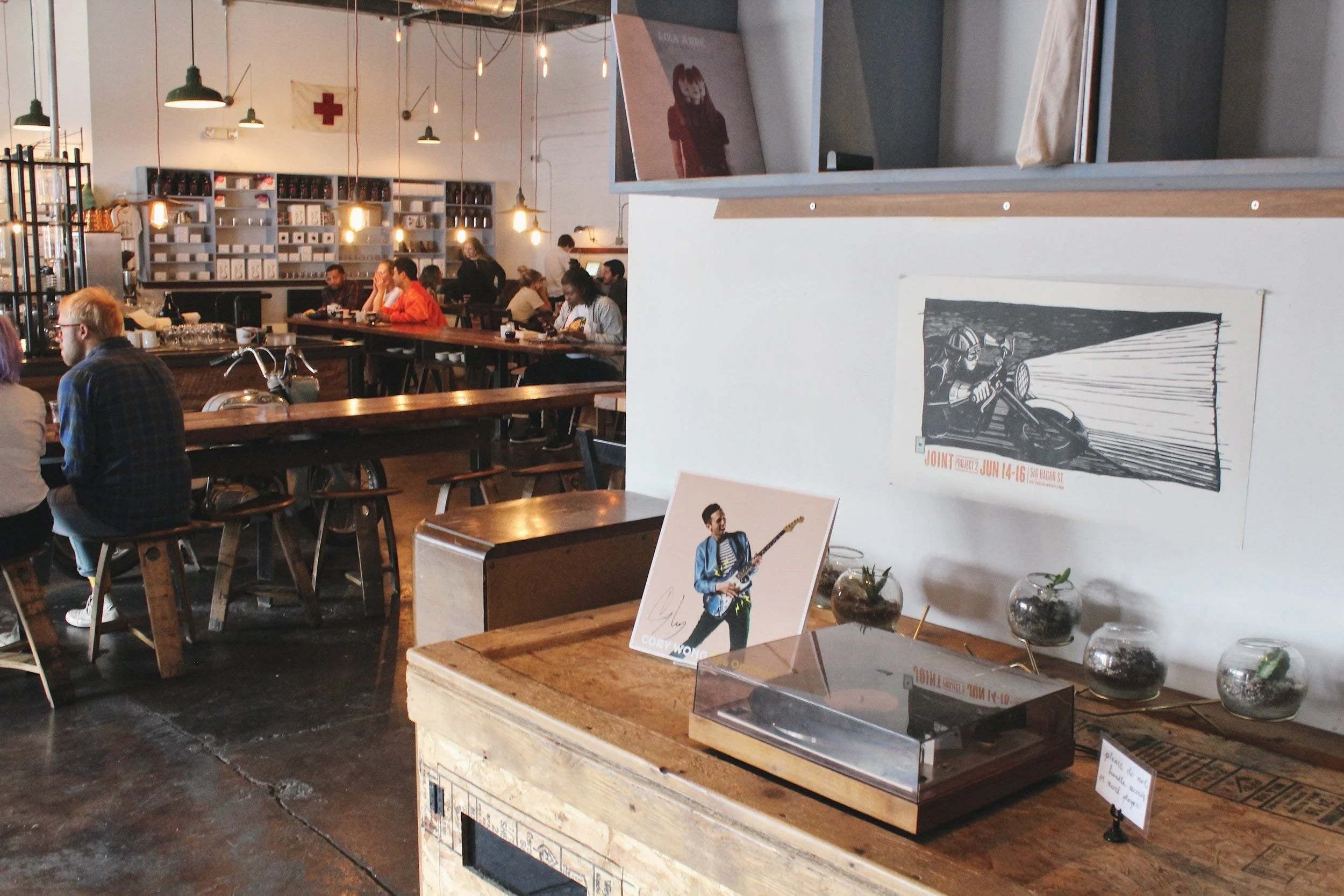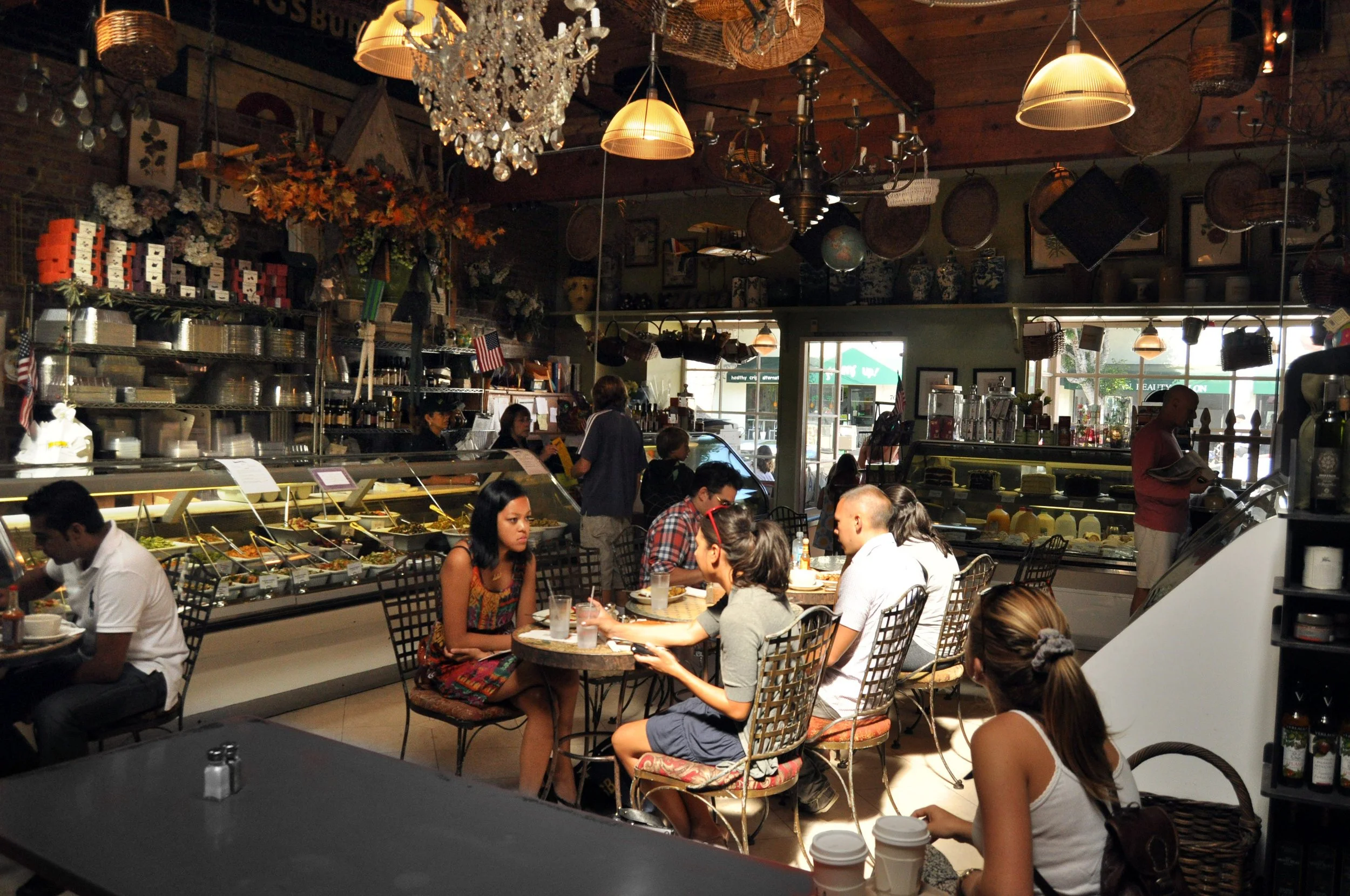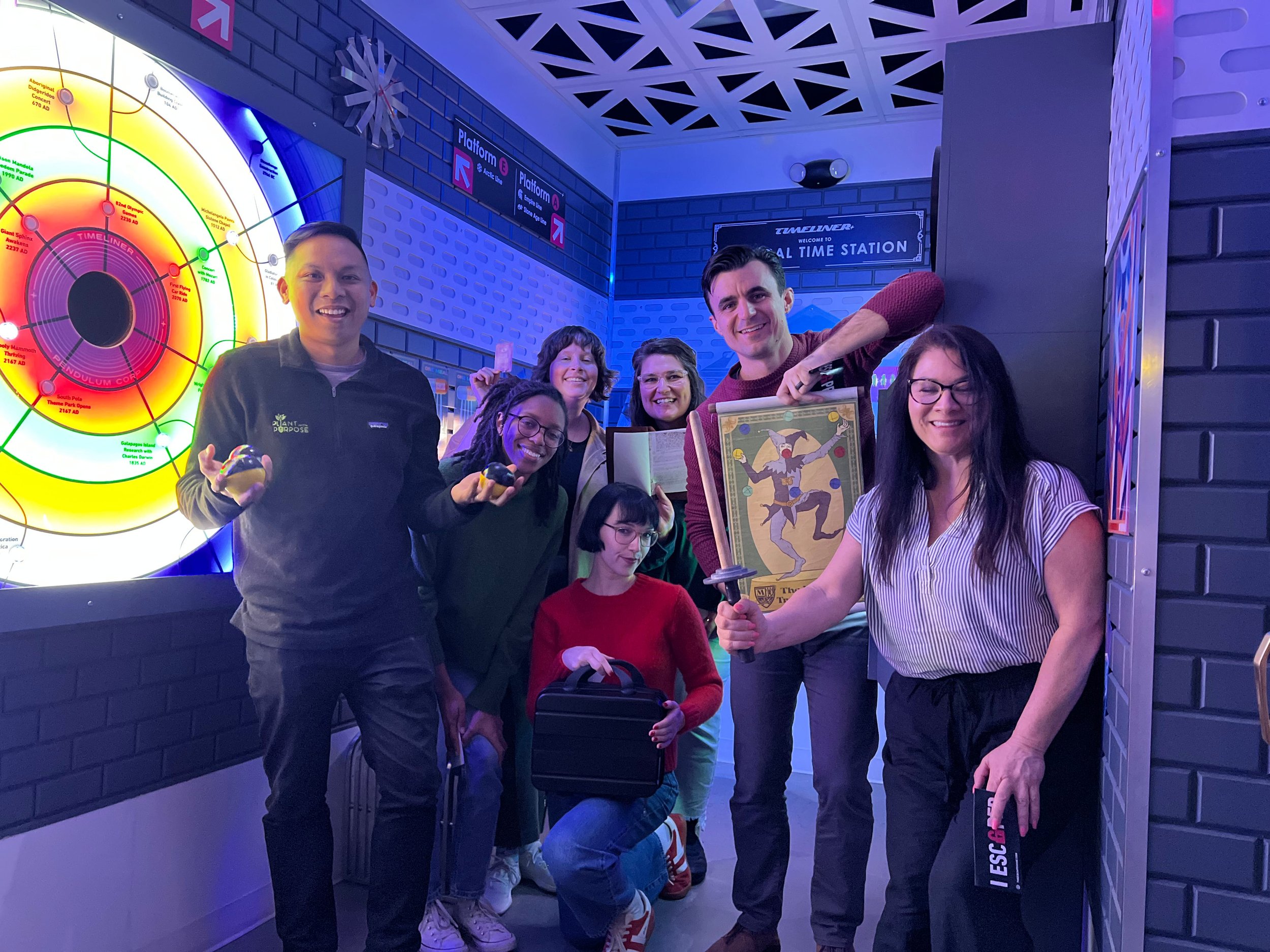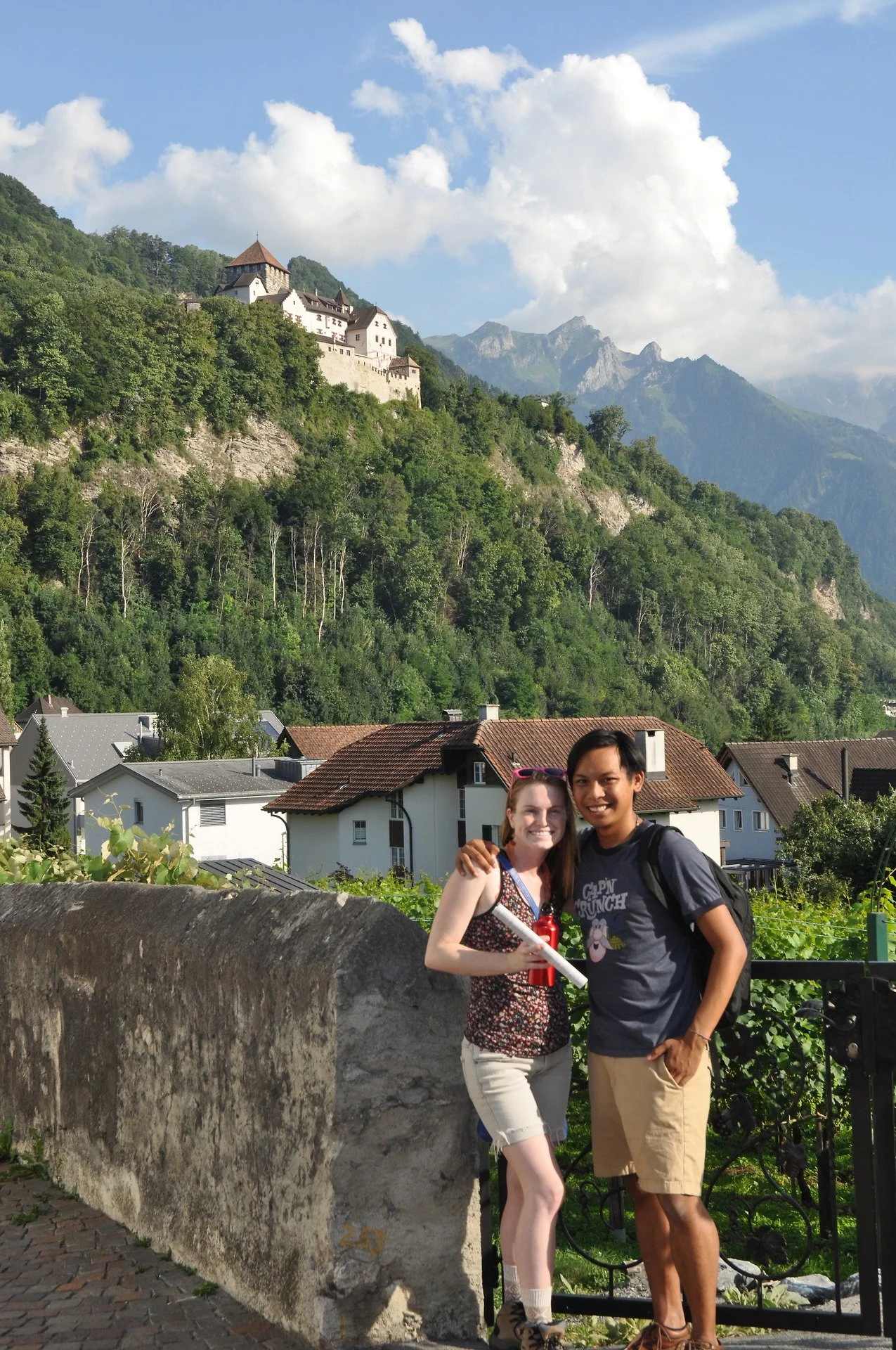Sonny Rollins, the greatest living improviser. He’s played with Coltrane, Miles Davis, and Charlie Parker and at 94 years old, we shouldn’t take for granted the fact that we still have a living link to that special era of jazz. So glad I got to see him play way back in 2008.
Valencia just might be my favorite city in Spain
I got to spend a week in Valencia with my family and I don't think I could've picked a better spot for that particular trip. Here's what I loved about the city.
One Point Five
Happy Earth Day! Timely reminder that there’s always another bit of creation to look out for, and that as tempting as despair might be sometimes we’re called to resist that.
Amoris Laetitia
“Young love needs to keep dancing towards the future with immense hope… Love needs time and space; everything else is secondary.”
–Pope Francis, Amoris Laetitia
I will always wonder if in 2011, when I was living briefly in Argentina, and Jorge Bergoglio was the Cardinal of Buenos Aires known for humbly taking public transit, we might’ve been squished together in the same subte ride.
I will miss the clarity with which he spoke out against treating people and planet as disposable: “We treat affective relationships the way we treat material objects and the environment: everything is disposable; everyone uses and throws away, takes and breaks, exploits and squeezes to the last drop. Then, goodbye.”
His Laudato Si encyclical and Amoris Laetitia exhortation were both very influential writings on me. Whether it’s your family or the entire planet, macro or micro, we belong to each other.
Maria Ressa and a Persisting Belief in People
We’re pretty much halfway through the decade, and it’s been a tumultuous one to say the least.
Our social isolation never seemed to end. It’s really, really hard not to live in a bubble. I know I have my own echo chambers, and that they’re partially self-inflicted. With isolation comes distrust.
I’ll be honest here. I grew up straddling different cultures. I have the privilege of being well-travelled. And yet, the beliefs and behaviors of many people in my country and around the world make no sense to me.
I can understand fragments of it. The failure of the status quo and the desire to tear down all systems and to start over. The fear of being rejected for saying the wrong thing. The anxiety around the cost of living and all that. I look at how the median income in the US sits below 40,000 and I’m far less surprised that people are upset.
If this were simply a scenario of a few megalomaniacs abusing an excess of power, that’s one thing. It’s something the world has seen over and over. The part that’s been more disheartening is how much of that has happened because it’s what the people wanted. At scale, at critical mass, it seems like people have opted for cruelty.
You can have the exact opposite opinions from me on nearly every issue and still feel this way. When you believe you’re on the side of justice, you have to contend with the fact that about half the people you encounter might as well be chanting, “yay, injustice!” The cultural divide in the country almost always sits at 51-49%, and when it teeters the other way, it feels like the steering wheel is being jerked.
Back when Twitter was Twitter, the most exciting follower I managed to pick up was Maria Ressa, the Nobel Peace Prize winner in 2021 from the Philippines.
I celebrated her award with a portrait, and gained a Nobel Prize winning follower as a result. Pretty cool, huh? Since I’ve long abandoned that platform, I need to brag about that somewhere!
Maria Ressa is pretty familiar with authoritarian rule. The Philippines’ past president was just arrested by the International Criminal Court for extrajudicial killings and the current head of state is the son of their dictator from the 1980’s. His literal junior.
Among travelers, the Philippines is often lauded as the most warm, welcoming, friendly places you could ever visit. It just doesn’t seem too reflected in recent leadership tastes.
Ressa’s work has also included coverage of the Suharto regime in Indonesia, another dictator. She’s closely covered ethnic violence in West Kalimantan, religious violence in Ambon, and the devolution of social media in the 2010s.
The places where she covered violence were often full of people who always seemed kind and humane as individuals, but she noticed how that quickly eroded with groupthink. In her words: “that was always the answer when violence broke out. The force of the mob destroyed individual control, giving people the freedom to be their worst selves. What I was seeing in Indonesia was something I had seen in the Philippines and someday would see in countries around the world.”
In her observation, people seemed to transform in a group setting, usually for the worst. I’ll bet there are helpful evolutionary reasons why we’re like this, but like the notorious Milgram Prison Experiment found, a role and an outside authority often gives people permission to be their worst selves.
“Those experiments would come to my mind again later in the context of social media: how easy it is to rile up a mob against a target.”
Several years ago, a friend and I were taking a minibus to go from Johannesburg to eSwatini, or as it was called at the time, Swaziland.
I was putting my friend in touch with a child care project there, following the verbal directions of another friend. These verbal directions included steps like, “Go to the yellow gas station. From there, find the dirt road and keep going up.”
Where we were going, things were apparently simple enough where everyone would know what that was.
We arrived in the main city of Mbabane late at night, however. Bopping around in search of “the dirt road” didn’t seem like the best idea.
That’s when a fellow passenger from the minibus told us she lived in town and invited us to spend the night.
Daisy lived in a rather comfortable home. I stayed in what had been her son’s room before he moved away. She prepared us tea and made us dinner and told us all about the places she wanted to travel to. Ethiopia was at the top of her list. The coffee, she explained.
To my friend and I, the idea of inviting two foreign strangers from the bus who clearly didn’t know what they were doing to spend the night seemed like such a big and unusual act of generosity. For Daisy, it seemed like a pretty natural conclusion upon seeing people in need.
This is just one of dozens, perhaps even hundreds of stories I’ve accumulated of being on the receiving end of generosity, particularly while traveling and in some sort of vulnerable state. I’ve experienced this sort of thing too often, too many times, and too consistently to not have some sort of persistent belief in people.
I do believe there’s some sort of human instinct to help. I’ve seen it called into action. I guess I’ve just also come to believe that what we’re capable of, for both good and bad, is pretty damn elastic.
Groupthink is pretty wild.
There’s some pretty fascinating, occasionally scary, and psychologically complex stuff going on when it comes to groupthink and the mob mentality. Because humans are social creatures, and because our survival was linked to our connections and social skills, our sense of belonging takes precedence over many other things.
And this isn’t all bad. This is the same science behind why certain moments in sports can feel so transcendent, or why a choir of blended voices can feel completely magical. It’s unfortunately also led to internment, genocide, and other large scale atrocities.
What is there to do in light of this knowledge? Here are a few approaches I feel more strongly committed to:
• Refusing to deal with people in the abstract – Using a person’s group-status as a shorthand for who they are is so common. In a lot of my marketing work, it’s common to “build a persona of a Gen-Z audience member,” and so on. And that has a time and place. But in the wrong context, you risk creating an us-versus-them dynamic and turning those you disagree with into caricatures. This is ultimately unhelpful when it comes to building a better world.
• Recognizing the ways in which people are products of their environments – If a few circumstances around my birth and upbringing were different, I might not hold many of the beliefs I hold dear, and the same can be said of anyone! If this is a helpful perspective in keeping you from vilifying someone, use it!
• Being a pattern breaker – In an era of division and echo chambers, it can be easy for many people to be cloistered or private about their opinions. And I know safety will vary from person to person, but overall this creates a world where the only people who vocalize opinions on certain topics represent more extreme views and louder voices. You never know when you’ll force someone to reckon with the fact they’ve been told people who think like you are evil… but you actually seem pretty normal.
I had a friend with an absolute gift for seeing the best in people.
A few years ago we tragically lost her in a car wreck, but one of the attributes that I remember best is her knack for treating each person like the most aspirational version of themselves. I’m pretty sure that her decision to treat each person like they were the fully realized version of who they could be made each person she interacted with better. It was the gentlest but strongest form of accountability.
As I’m writing this, I also realize it isn’t a far cry from a Mr. Brown’s quote in Paddington 2. “Paddington looks for the good in all of us, and somehow he manages to find it.”
Nicholas Christakis and James Fowler proposed the Three Degrees of Influence Rule in 2007. Their discovery showed that everything we do ripples throughout our web of relationships. If someone is feeling a bit of economic anxiety, there’s a greater than 50% chance that their friend is feeling it, a 25% chance that their friend’s friend is feeling it, and a 15% chance that their friend’s friend’s friend is there too.
But this works for more than emotions. Behaviors like smoking, conditions like obesity, and postures like hope could also spread like this. When you take the time to deliberately express one of these emotions or decisions, its likelihood of spreading increases significantly.
I don’t want to make some grand philosophical statement about how humans are ultimately good or our moral defaults. Based on the actions I’ve seen, I’d say we’ve got some range.
But it does helps me to treat others with more love and healing when I remember the good that each person is capable of. And I do believe that if we all approached each other with more generous assumptions, especially those most different than us, our world would actually transform.
The Kids
Honey I Drew The Kids
What Spring Training Was Like
As a kid, I always wanted to go to Spring Training but never got the chance. But I have my own kids now, so this year I took Kai off to Arizona.
We saw the fourth string players on four teams that we don’t have any attachment to play a few games that don’t really mean anything… but baseball is still baseball! Got to discover his love for ballpark nachos and enjoy the various stadiums around the Cactus Leauge.
Phillies v Dodgers
Wouldn’t be a proper Philly Spring Break without a night at the ballpark, and with the Dodgers in town for a really good three game series, we’re kinda at the heart of the baseball world.
April 2025
Time for a Philly Spring Break!
Already looking forward to the next time I get to make it out to CBP for a Phillies game. I don’t know when that’ll be, but I’ve got two other kids to introduce to the Phils in their natural habitat.
I wouldn’t have noticed the ballpark tulip garden if Rhys didn’t wander over there, but good work to whoever’s caring for them!
Also, I love how after the Phillies won, he instinctively took to pole climbing. Not prompted or taught or anything.
Man, I feel like people are being tough on that White Lotus finale.
There were some moments of dialogue that landed weird and some odd character decisions, but the show’s appeal to me is its portrait of humans as really fricken complex. It does that real well.
Still can’t believe this is all from the creative mind of Ned Schneebly.
“We are faced not with two separate crises, one environmental and the other social, but rather with one complex crisis which is both social and environmental.”
–Pope Francis
Olde Hansa
One of Estonia’s quirkiest restaurants.
Olde Hansa is a bit of a tourist draw but it’s absolutely fun. The staff and the whole restaurant is totally committed to the bit. And the food is legitimately good.
Try the honey ale!
At Maria’s cringe show
Mission Trails and Papaya Milk… a successful hike outing with Kai.
Estonian Bookshop
Spent a long time in the coziest bookstore in Tallinn, and probably could’ve spent even longer.
Iverson, Lawson, Hedberg, etc.
Mitch Hedberg
20 years ago today we lost the legend Mitch Hedberg and most thought it was a sick April Fools joke at first.
If I ever released a rap track, I would want to start with a sound byte of Mitch saying “I remixed the remix, and it was back to normal” just before the beat drops.
Pay Attention to Your Attention
Watching the news is not the same thing as staying informed.
Your attention is a valuable thing. Don't give it away unchecked.
Spring Training
Since there aren’t enough things in the world to stress about… baseball is back!
A couple weeks ago I got to take Kai to Arizona for a couple Spring Training games. As a kid, Spring Training always seemed like a fun time to binge three games in between and hound dudes for autographs in between. As a grown up, it’s a cheaper way to sit behind the 9th-string Dodgers in the dugout and to introduce my kid to helmet nachos.
Helsinki's Oodi Library
Helsinki’s library has it going on
Movie theatre and restaurant on the first floor
Musical instruments, 3D printers, woodworking tools and all kinds of specialty equipment available for rent on the second floor
A few kids’ play areas and a great Moomin selection
Outstanding book selection in Finnish, English, and other languages
Language classes
All kinds of group meetups pretty much every night of the week
A great cozy reading area overlooking a lot of Helsinki
A really good cafe on the top floor
Board games available to rent or play on the top floor
Basically, if its something you think a library might be able to offer, the Oodi Library tries to find a way to make it happen.
Why > What About
If you’re in a good faith conversation with someone sorting out a difference in how you see things, asking why is generally more effective than asking what about.
Why questions lead with curiosity, seeking to know the story of how a person came to see things the way they saw them. Was there a pivotal experience? A value that seems to be most important?
What about type questions are like an incredulous stare in response to something somebody said. They pull up counter-examples, demand for dissonance to be resolved. Logically they seem like strong moves but psychologically they trigger every defense response to one’s belief system being attacked.
Nurture curiosity, because curiosity nurtures the world.
Little Havana Layover
An 11 hour layover at the Miami Airport? Nah thanks, I’m stepping out.
Mining Your Moments
“I feel like I haven’t seen you in a little while. What’s been new with you?”
I was with some friends at a bar. For reasons I didn’t understand, my mind went completely blank with that question.
“Woah…” I admitted. “I don’t know why I’m having such a hard time remembering anything I did this week.”
It was a bit out of character for me. I typically have a good memory. Maybe not so much for tasks, but when it comes to things I did and actual experiences, I tend to remember things in pretty rich detail. But that wasn’t happening on this night.
I returned the question, letting her recount some of her week, all while wondering why my memory was off it’s usual game. A little bit after the moment had already passed, I remembered the concert I went to a few nights before. One of the first live music shows I’d been to in a really long time. One where the artist crossed between rap and soul and funk and spoken word over some futuristic instrumentals. It was a powerful performance, and to top it off, that night was a little bit rainy, adding to its magic.
I had a lot to say about this concert, except for when I actually had the chance. Ironically, the friend I was talking to was a musician, meaning that conversation could’ve gone in so many interesting directions.
That experience led me to resolve to always have a pretty good answer to the simple question, “what’s going on?”
It feels like a low bar to clear, but having an answer that can effectively springboard into a rich conversation is extremely useful. It’s like having a ladder that goes right over small talk and into actually connecting with somebody.
Our lives are millions and millions of stories put together.
Funny enough, being an “interesting person” is only a part of the equation. Being able to reflect on your life and make connections is perhaps more important than the things you do.
You’ve probably encountered somebody who does a lot of exciting, adventurous things, but whenever they talk about it, they just sound like they’re showing off. Then you have the opposite of that. People who seem to live rather ordinary lives, but have such an unconventional way of looking at things that their experiences take on a whole new life.
Having the space and habit of reflecting on your experiences is important for many more reasons beyond having good stories to tell, but that’ll be a nice side benefit.
I’ve learned that being a storyteller requires me to regularly mine my life for those moments.
Finding stories takes sifting through all the things that you go through–the work calls, alarms, emails, injuries, and side quests and identifying the ones that mean something.
Some of the easier ways to figure out where those good stories:
• Were you in a location this week where you don’t find yourself too often? How did you get there?
• What was the thing you felt the most resistant towards doing all week? Did you do it?
• Did anything push or pull you in a different direction than you originally anticipated?
Ultimately, when I’m asking myself these sorts of questions, I’m trying to look for pattern breakers. People talk about inciting incidents when it comes to stories. This can be any disruption to our sense of normal. It can be as large scale as being drafted for war, or as small as trying to get over your fear of bugs.
Being a daredevil and living a wild and exotic life doesn’t make one a good storyteller. Its advantage is that it opens up more opportunities for very obvious pattern-breakers. But to the well-trained eye, these pattern-breakers are all over the place.
The whole point is connection
I’ve got to admit, it feels weird taking this more “artistic approach” to telling stories in a casual conversation. I do a lot of storytelling for work, as well as for performance. And I don’t want my natural conversations with friends to turn into performances.
Thankfully, that’s not the goal.
There’s a time for performance. There’s a time for crafting and wordsmithing stories, for practicing their delivery, and for going live. But a casual chat with a friend at a bar is not that time. Go too far with that and there won’t be too many friends willing to indulge those casual chats anymore.
You just want to have a few moments in your back pocket. A few memories you know were important, and the ability to note what was important about them.
The actual practice is the discipline of noticing. Of paying attention to your own life. Of seeing when one thing leads to the next. One thing that amazes me about life is how it can be pretty forgettable if we allow it to be. Literally. If we commit to simply doing the same thing every day without pausing, taking mental snapshots or notes, it doesn’t take very long at all for entire days to be forgotten. And so then, what was the point? That question used to always freak me out.
Thankfully, the opposite of that is true. When you open yourself up to the possibility that any day contains a world of meaningful experiences, pattern breaks, and connections, you start to notice them everywhere. More importantly, you notice where things in your story intersect with the stories of other people, and that’s the point where stories help us in our cosmic quest to connect with each other.
This week hasn’t been especially full of stories.
At least not for me.
I’ve been getting over some cold that’s taken an obnoxiously long time to totally get over. And while I’m mostly better, I’m still finding myself lower on energy and facing down a bunch of tasks I let pile up while under the weather.
It’s the perfect example of one of those types of weeks where finding the stories in my life takes a lot more work. Because looking for stories is a discipline, the process matters more than the results.
Once you start mining your memories for stories and meaning on a regular basis, you realize that our stories aren’t evenly distributed throughout life.
Some weeks will be concentrated with so many happenings that it’s tough to keep track of, and other times you’ll spend week after week doing pretty much the same thing. Storytelling might make you more motivated to break out of the latter, though!
At the very least, I can say that the most surprising place I found myself this week was at our local pier. It was a spot I used to frequent when I lived closer to the ocean, but now it’s just out of the way enough for me to neglect. Upon coming back, I bumped into an old friend. I got a good look in several different tide pools, each one being its own little microcosm. It was a guilty reminder to me of how easy it gets to take one’s environment for granted once it gets a little too familiar. Being there made me want to renew my relationship with the ocean, the ocean that I’ve now lived next to for the majority of my life but that I haven’t really paid proper attention to.
Isn’t it always about learning how to pay better attention?
I remember when taking improv classes, I once did a scene set in an escape room.
My coach encouraged me to not make it a scene about an escape room.
Why not? It felt like an escape room was a great premise. It’s familiar enough, but not something you see done in improv excessively, and they’re kinda naturally quirky. There are enough escape room conventions to have fun with.
Turns out, the problem wasn’t with having a scene set in an escape room. The problem was with making it a scene about an escape room. The stronger scene is always about the relationship.
That’s why one of the hardest stories to tell well are stories of accomplishment or success. Running an ultramarathon. Receiving an award. It’s easy for these to feel self-indulgent or show-offy. The key is to realize that the achievements aren’t the story, but the setting of the story.
The real story is the risk you took to get to that feat. The choices you had to make. The people who showed up to help you. The renegotiation of how you see yourself.
Similarly, our struggles and traumas are also so much the story, but the setting.
Stories are incomplete if we just say “a bad thing happened to me,” or “I did a cool thing,” and leave it there.
Explore the risks. The decisions. The relationships.
And when you mine your life for stories, don’t forget to put on that lens.
Our jobs, our projects, our trips, are always just settings for our relationships–with God, self, others, or the planet–and that’s where the good stuff awaits. It’s easy to mistake the setting for the story.
The Cap'n Crunch Shirt
I recently saw somebody post what they would say to a younger version of themselves, and among the bits of advice, she included, “travel, and stop caring so much about what you’re wearing and how you look.”
It probably is good advice. But in 2013, I spent months backpacking Europe and Africa, and I must’ve brought three shirts along for the trip. In nearly every photo, I’m rocking the Cap’n Crunch ringer tee that I actually did win by mailing enough cereal box lids to the Cap.
So, maybe do care just a teensy bit about what you’re wearing.
Tallinn, Estonia
I had such a cozy time in Tallinn, Estonia.
Dumpling soups, hours in the corner of a bookstore, medieval restaurants with the wait staff in character, creepy forest paintings in apartments, and all that.
Getting here was as easy as it gets. A two hour ferry from Helsinki. Getting off, I immediately started thinking, “I’m gonna like it here.”
Mid-March in Estonia is still on the cold side. The streets will be quiet, making it really easy to hop between museums, little stores, and castles. You could hang out in the most touristy of tourist traps and see the appeal. You could go into the tiniest of easily overlooked cafes, have a chat with the owner, and have a great time.
Estonia treasures its medieval vibes and makes sure everyone has wi-fi access. It doesn’t care much for flashy, but has quietly emerged as one of the most livable countries in the world.

